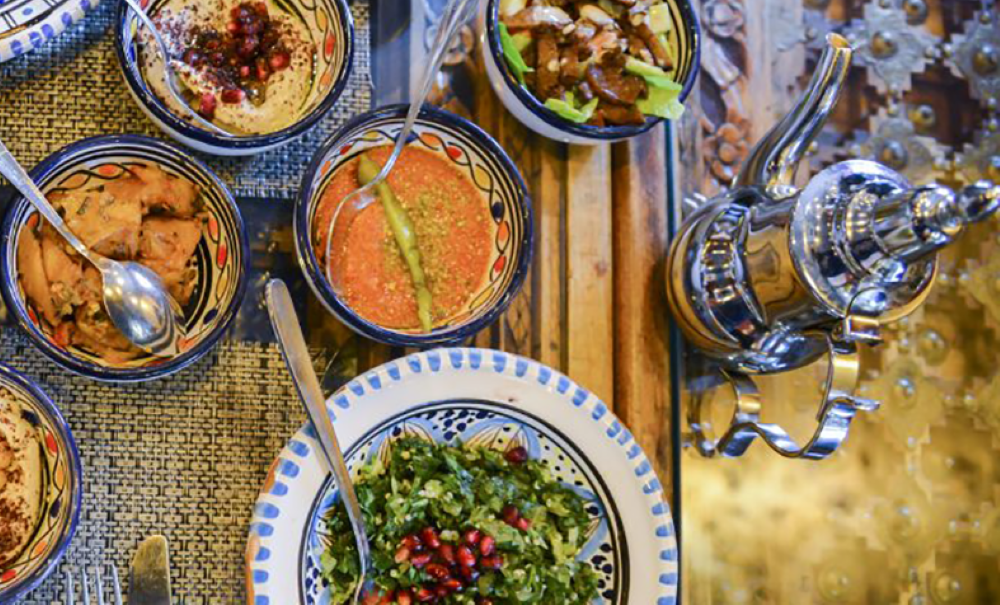In the Balkans, the Islamic Community of Serbia has the longest standing -now 40 years old- tradition of controlling and issuing halal certificates for food products. Large quantities of meat, which were exported to the countries of the Islamic world from the former SFRY, were exclusively HALAL certified.

Mustafa Jusufspahic
Halal quality of a product implies a set of applied procedures in the production process, as well as product characteristics that are fully in accordance with Islamic regulations. As such, a product or service becomes acceptable to Muslims for consumption and use. On the other hand, an increasing number of non-Muslims use halal products because they consider them healthier and safer to use, especially when it comes to food, pharmacy and cosmetics.
Determining and proving the halal status of products can be done only by trained, competent and qualified agencies, which are authorized to do so by the Islamic Community of a particular area. Halal status is based on Shariah principles and is confirmed by the halal label.
In the Balkans, the Islamic Community of Serbia has the longest standing -now 40 years old- tradition of controlling and issuing halal certificates for food products. Large quantities of meat, which were exported to the countries of the Islamic world from the former SFRY, were exclusively HALAL certified by the Mufti of Belgrade and had the signature of the then Mufti Hamdija ef. Jusufspahić, who is also the founder of today’s Halal Agency of Serbia.
The primary purpose of the halal agency is to determine the halal quality of a product and enable Serbian producers to obtain a Halal certificate which would expand their market, i.e. expand their target audience, thereby increasing both their capacities and the market share.
It is well known that various foods which can be bought in supermarkets often contain various emulsifiers, which are marked with the letter E and a number. It is also known that they are made from animal bones, and many are of pig origin.
What is the status of the food that contains the aforementioned additives?
Food producers add various types of additives during production, all with the purpose of improving its quality, prolonging its durability, preventing spoilage or its stabilization. Some of these are added during production itself and some during product shaping, packaging, etc.
There are various types of additives used depending on their purpose, so we have preservatives, flavors, emulsifiers, dyes, sweeteners, acids, bases, etc. Additives can have beneficial but also detrimental effects on human health, depending on their origin and the amount used.
The fact is that the additives can be of animal origin, and therefore of pig origin as well.
However, they can also be of plant origin, so they cannot be treated in the same way. It is necessary to examine the product’s composition per additive in order to determine whether it is allowed or haram; it often happens that a substance that would make a product forbidden disappears in the chemical process, so it is not enough to evaluate it based on the product packaging label.
In addition to pork and alcohol, Islam primarily prohibits ingredients of human origin in the diet – for example, L-cysteine is an ingredient found in yeast, which can be derived from human hair. In 2009, during a check of certain bakeries and baking industries, the Halal Agency discovered these illegal ingredients in the yeast used in their products. The Halal agency has thus made a positive contribution to the entire population, regardless of their religion and worked in the interest of a healthy society, which is the goal of the Halal mission on Earth. This contributed to people understanding the importance and role of the Halal Agency of Serbia, which prevented producers from continuing this bad manufacturing practice, both of food, cosmetic, and pharmaceutical products.
Mustafa Jusufspahić, Mufti of Belgrad, Chief military imam of Serbian Army



Leave A Comment